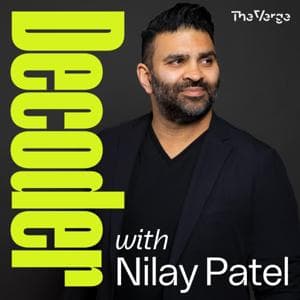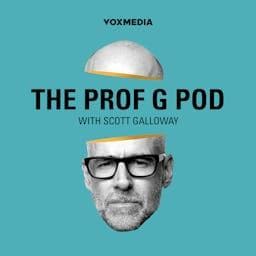
Sign up to save your podcasts
Or



By Brian Morrissey





4.9
6060 ratings



The podcast currently has 210 episodes available.










The podcast currently has 210 episodes available.

1,991 Listeners

9,783 Listeners

3,150 Listeners

556 Listeners

5,673 Listeners

514 Listeners

5,555 Listeners

376 Listeners

2,239 Listeners

1,120 Listeners

120 Listeners

51 Listeners

1,473 Listeners

201 Listeners

61 Listeners